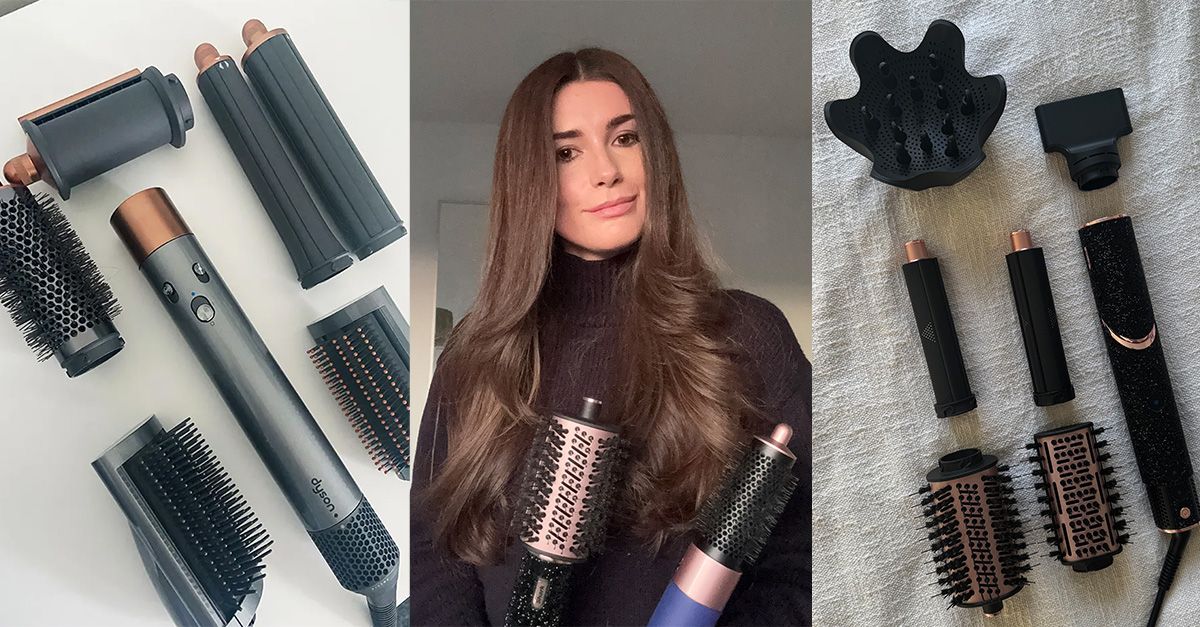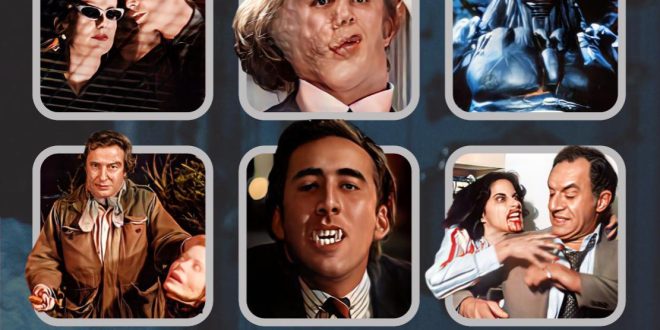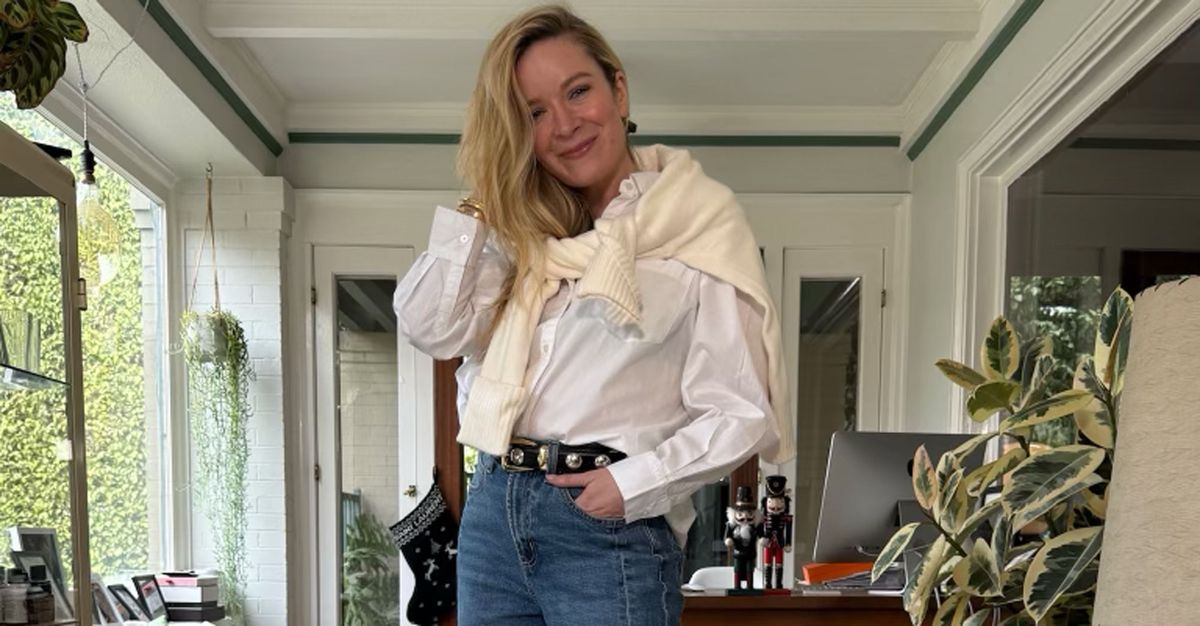Anna (Grace Glowicki) is not okay. In writer/director Mary Dauterman’s feature directorial debut, the mid-twenties New Yorker is grieving the loss of her roommate and best friend, Izzy (Sofia Dobrushin). She’s dodging calls from her co-worker Devon for repeatedly missing work, eating questionable looking Thai take-out that Izzy left in the fridge, and refusing to acknowledge that her boyfriend Max (Garrick Bernard) might also be upset about Izzy’s death.
And then Booger, the stray cat that she and Izzy adopted, escapes out the window.
The cat is the straw that breaks the camel’s back for Anna, who unravels when the last symbol of her relationship with Izzy disappears. Her attempt to recover the pet becomes an all-encompassing quest, resulting in a downward spiral that includes surreal dream sequences, blackout drinking binges, and unusual cat-like behavior.
Because Booger is genre-adjacent, that unusual behavior manifests as body horror. Before Booger disappears, he bites Anna on the hand and, as the film progresses, the wound becomes infected and begins to grow cat hair. Anna also begins exhibiting other cat-like traits, including a heightened sense of sight and smell, a propensity for sleeping under furniture and – in the film’s most disturbing moments – hacking up hairballs and eating wet cat food.
In addition to these physical changes, Anna begins experiencing surreal, red-lit nightmares in which a giant Booger presides over her changing body. In these dreams, Anna frequently finds herself caressing, petting and gripping a massive expanse of black fur (an indelibly evocative image for a low budget feature) before waking up in the woods.
Booger’s penchant for disgusting moments is carefully balanced by Dauterman for maximum impact. The body horror elements are a combination of practical effects and Glowicki’s very dedicated performance, which requires the actress to spend a considerable amount of time dry heaving, pulling wet hair from her mouth and vomiting (there’s a lot of toilet time in the film).
It’s all very effective, even when it is immediately clear that these manifestations are hallucinatory embodiments of Anna’s grief. It’s important that the visuals are so evocative considering that Booger‘s narrative is relatively straightforward and familiar. At its core, Booger is ultimately about Anna coming to grips with her loss in her own time.
This means that a great deal of the narrative plays out as expected. When Izzy’s mother Joyce (a great Marcia DeBonis) mentions a celebration of life ceremony, we know that Anna will struggle with it. As she repeatedly avoids calls from work and appeals from her landlord, it’s only a matter of time before Anna will eventually face the financial ramifications of dodging her adult responsibilities.
It’s an extremely challenging central performance, in no small part because Anna can be unlikeable: she’s abrasive, quick to anger and inherently focused on her own pain. These characteristics are vital to why she – and the film – work; even in the moments when we don’t like her, Anna’s grief, and therefore her actions, is always understandable. It’s messy, and no amount of comforting or confronting Anna will bring her out of her downward spiral.
This includes a messy drinking bender near the memorial commemorating where Izzy died, watching old videos on Izzy’s phone, and a running obsession with their love of karaoke classic “Escape (The Piña Colada Song).” These moments are essential for highlighting the huge role that Izzy played in Anna’s life, while also making the dead friend an actual character in the narrative, not just a spectre.
Thankfully Booger is much more than another entry in horror’s (recent) trend of grief porn. Instead Dauterman wisely uses genre elements to visualize and augment the often visceral impact of maintaining (and losing) close female friendships. Anchored by Glowicki’s captivating lead performance, this dramatic take on friendship, loss and black cats is purrfectly watchable.




































































:quality(85):upscale()/2023/07/27/781/n/1922564/8dcf82d764c2ad39dab095.41558864_.jpg)













